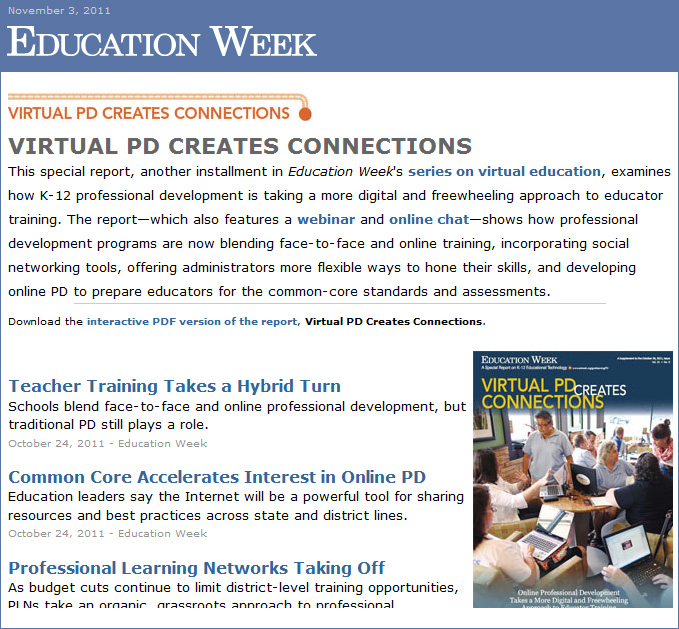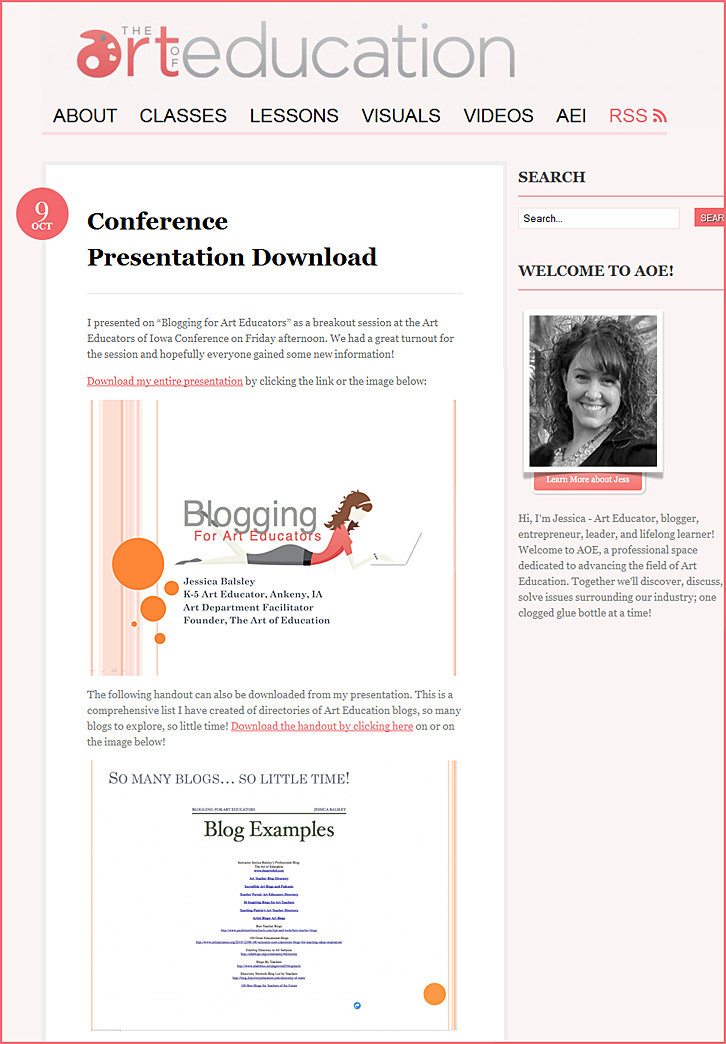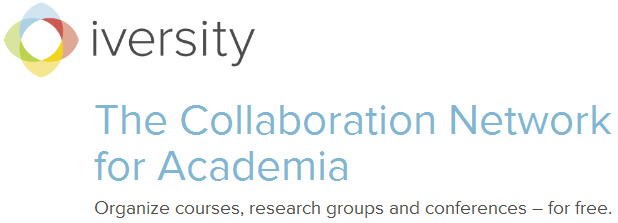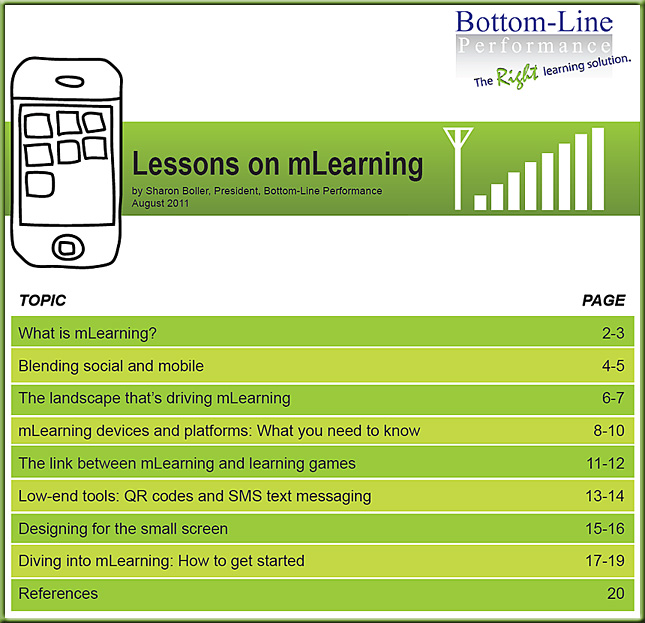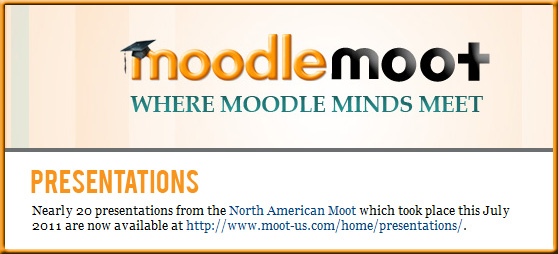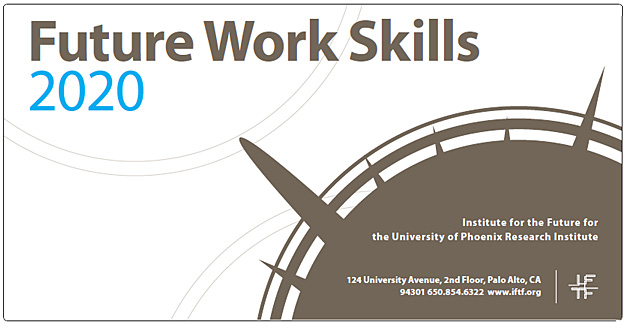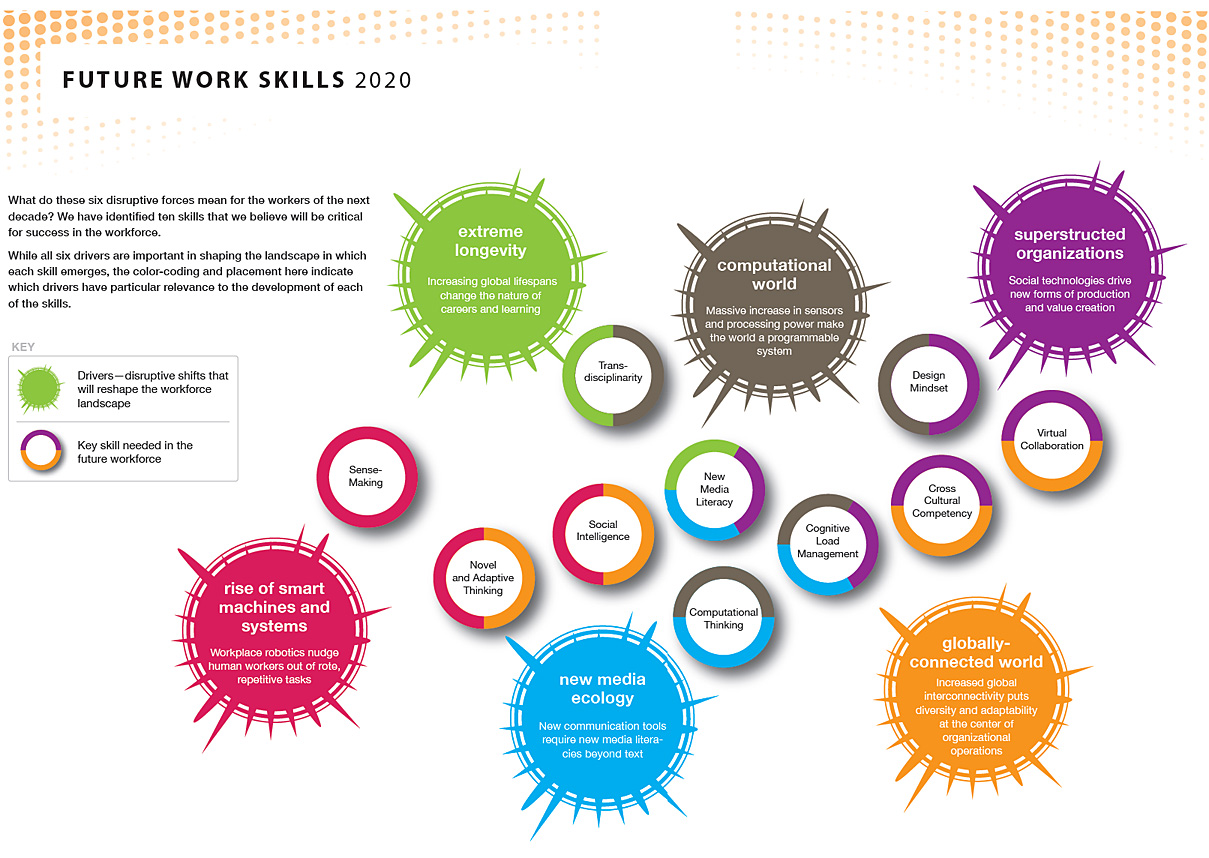The 2011 State of the Industry: Increased Commitment to Workplace Learning — from ASTD.org by Michael Green and Erin McGill
Excerpt:
Despite current economic challenges, senior executives continue to invest in developing their employees and understand that a highly skilled workforce is a strategic differentiator. Data from more than 400 organizations across all major industries demonstrate that learning and development is critical to drive growth and sustain a competitive advantage.
The findings of ASTD’s 2011 State of the Industry Report show that organizations are just as committed as ever to learning and development (L&D). ASTD estimates that U.S. organizations spent about $171.5 billion on employee L&D in 2010. This amount includes direct learning expenditures such as the learning function’s staff salaries, administrative learning costs, and nonsalary delivery costs. Sixty percent ($103 billion) of total expenditures were spent on internal expenses and the remaining 40 percent ($68.5 billion) contributed to external expenses.
edWeb.net – Networking, resource sharing, collaboration, and professional development for the education community
Also see:
Setting the pace while editing: Video 101 — from onlinevideo.net
Sometimes you need a fast cut and sometimes something slow suits the mood. Learn how you can tell your story more effectively by setting the pace.
Defending the Generalists in the Web Design Industry — from Smashing Magazine by Paul Boag
Excerpt:
In recent years there has been a move away from generalist Web designers to specialists such as content strategists, user experience architects and front-end coders. Where once there was a single job, there are now many, with ever-narrower spheres of responsibility.
While my peers are becoming more specialized, I have stoically refused to do so, remaining a generalist. If anything, my interests have broadened, encompassing subjects such as marketing, psychology and business strategy.
This has drawn criticism from some who view generalists negatively, which is in line with some of what I am reading in the blogosphere.
Where has this negativity come from, and is it justified?
From DSC:
This is a great writeup of the pro’s and con’s, benefits and drawbacks of being a generalist in the web design industry. My experience with web design and production is that it has been extremely difficult to keep up over this last decade — especially when one can not focus solely on web design and production in one’s daily tasks. For example, I’ve had to redirect my resources/energies into other areas, tools, pedagogies, learning theories, trends, systems-related projects, management, etc. — leaving little time to try to keep up with advances and changes within the arenas of front-end design and back-end development. I’ve been forced to be a generalist as well — but a few levels up. 🙂









